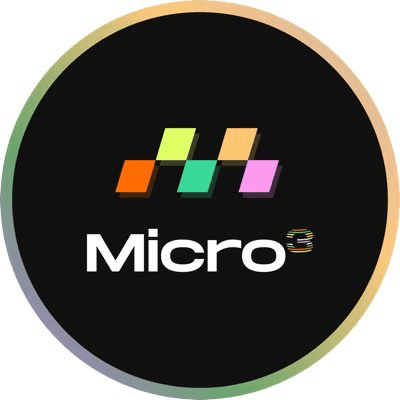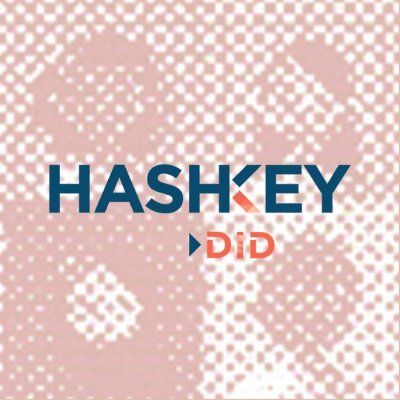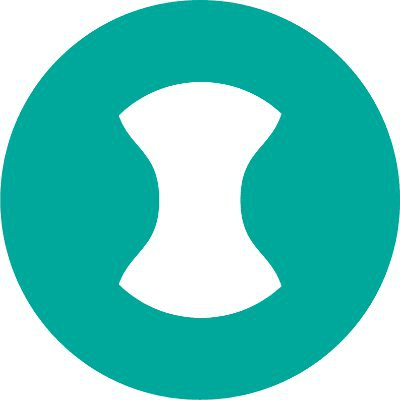Web3 Identity Tools
Web3 Identity Tools Overview
- What do we mean by Web3 Identity Tools?
Web3 identity offers a decentralized approach to managing our digital footprints, distancing from traditional centralized and federated systems. Its key traits:
- User Sovereignty: Control and own your data without relying on corporations or governments.
- Enhanced Security: Built on privacy, freedom, and blockchain technology to reduce breach risks.
- Flexibility: Link to real-world credentials or choose anonymity.
- Traditional systems, be it email-based centralized ones or Single Sign-Ons (SSOs) like Google, present challenges. They're attractive targets for cyberattacks, often compromise privacy, and wrestle data control away from users.
Web3 identity counters these by leveraging decentralized identifiers and blockchain. This not only minimizes breach risks but ensures users dictate terms on data usage, storage, and sharing. Despite its infancy, Web3 identity's promise of a safer, user-focused digital world is gaining traction among innovators.
Popular Web3 Identity Tools Apps
0 Apps total
Frequently asked questions
Web3 identity offers a decentralized way for users to manage and control their digital identities. It's a break from traditional systems where institutions hold sway over user data, instead, giving individuals the reins to their digital persona.
Self-Sovereign Identity is a model within the Web3 framework that empowers individuals to have full control and ownership over their data. Contrary to traditional models where entities like corporations or governments dominate data control, with Self-Sovereign Identity, you dictate terms for your own digital identity.
A Web3 identity wallet is an application designed to securely store an individual's identity data. Distinct from conventional digital wallets governed by centralized entities, Web3 identity wallets function on a decentralized platform, returning data control back to the individual.
Decentralized identity wallets offer greater control and privacy to users. Unlike platforms like Facebook or Google, where your identity is tied to centralized control, with a Web3 identity wallet, the user holds sovereignty over their data, dictating how it's used, shared, or stored.
By decentralizing control and ensuring individual ownership, Web3 Identity minimizes the vulnerabilities associated with centralized data storage, reducing risks of data breaches. Plus, with the user in command, there's less chance of data misuse or unauthorized sharing.


































